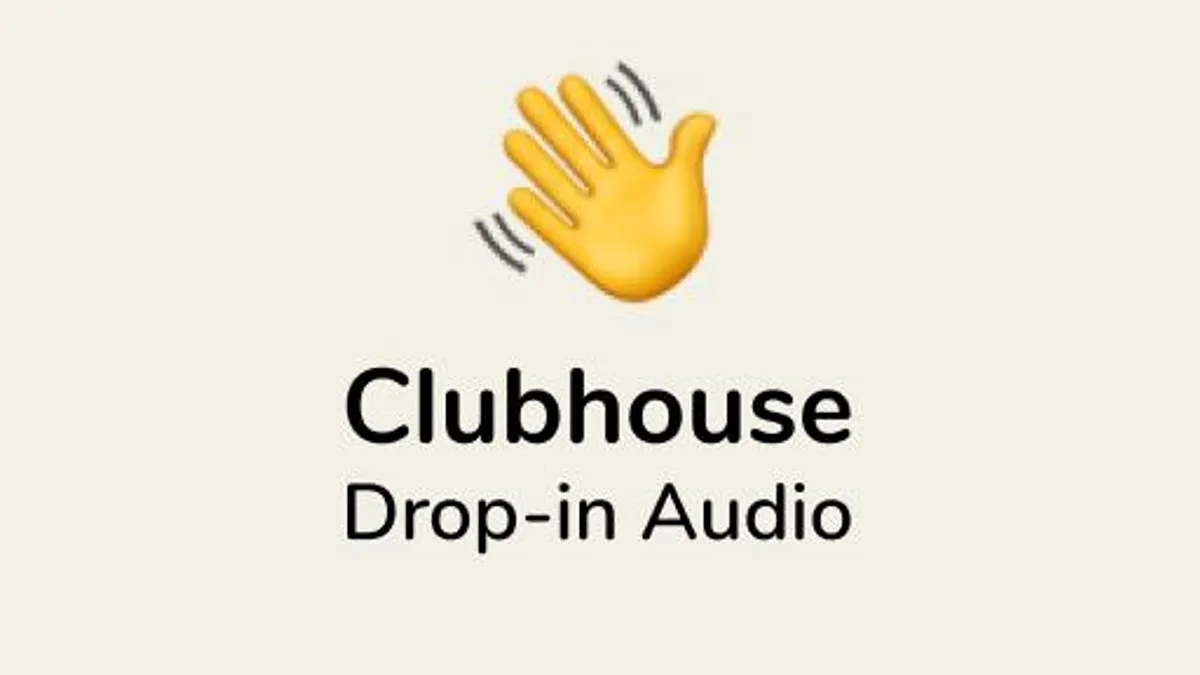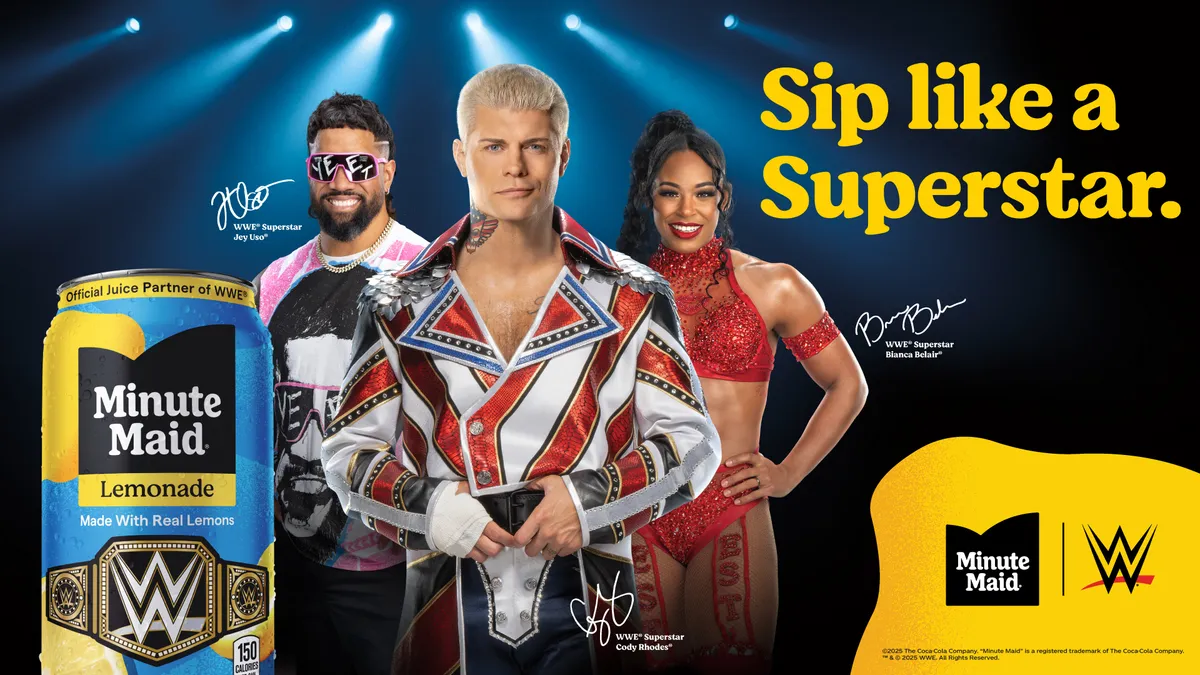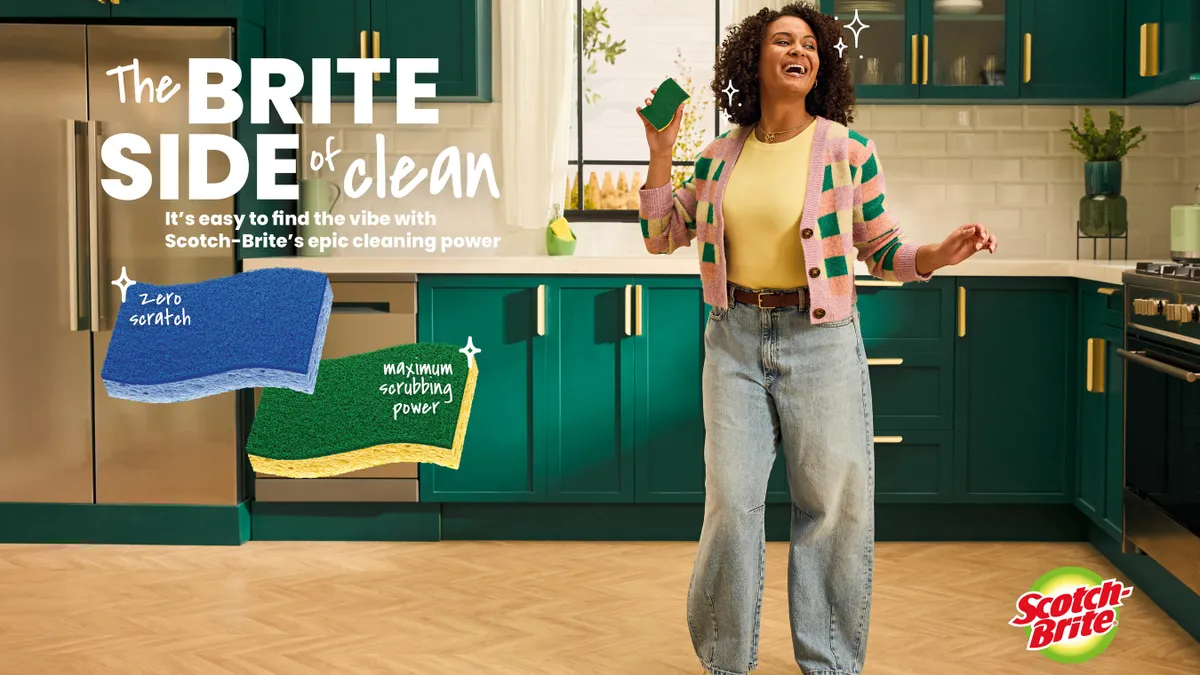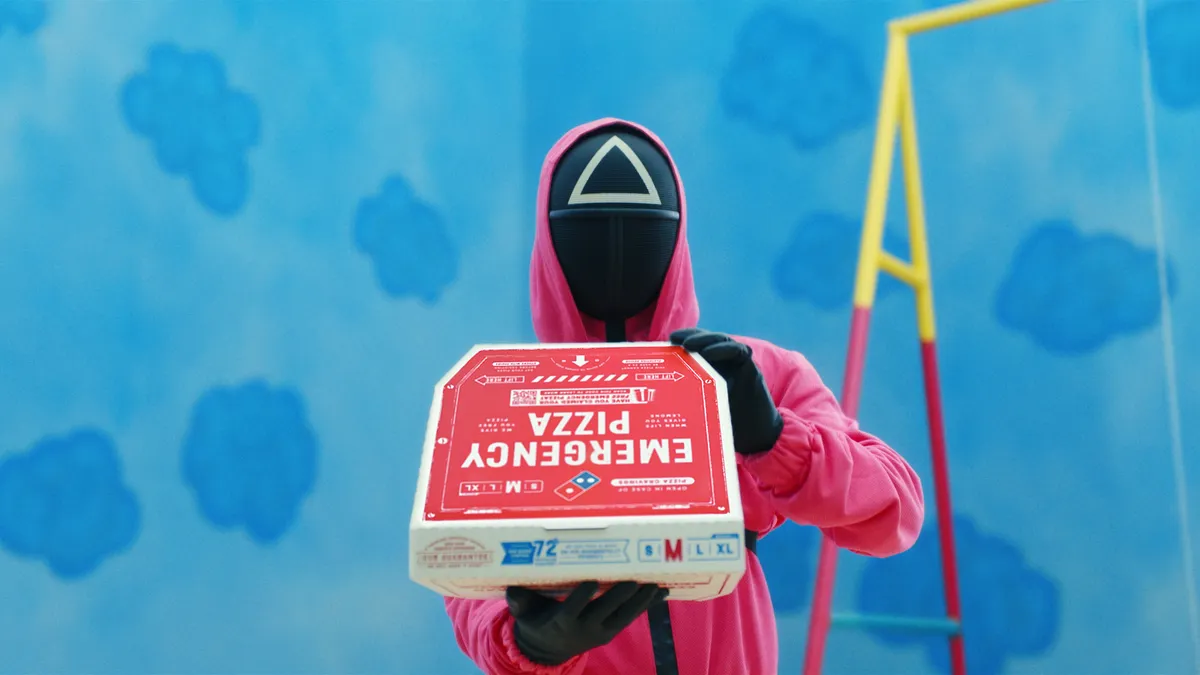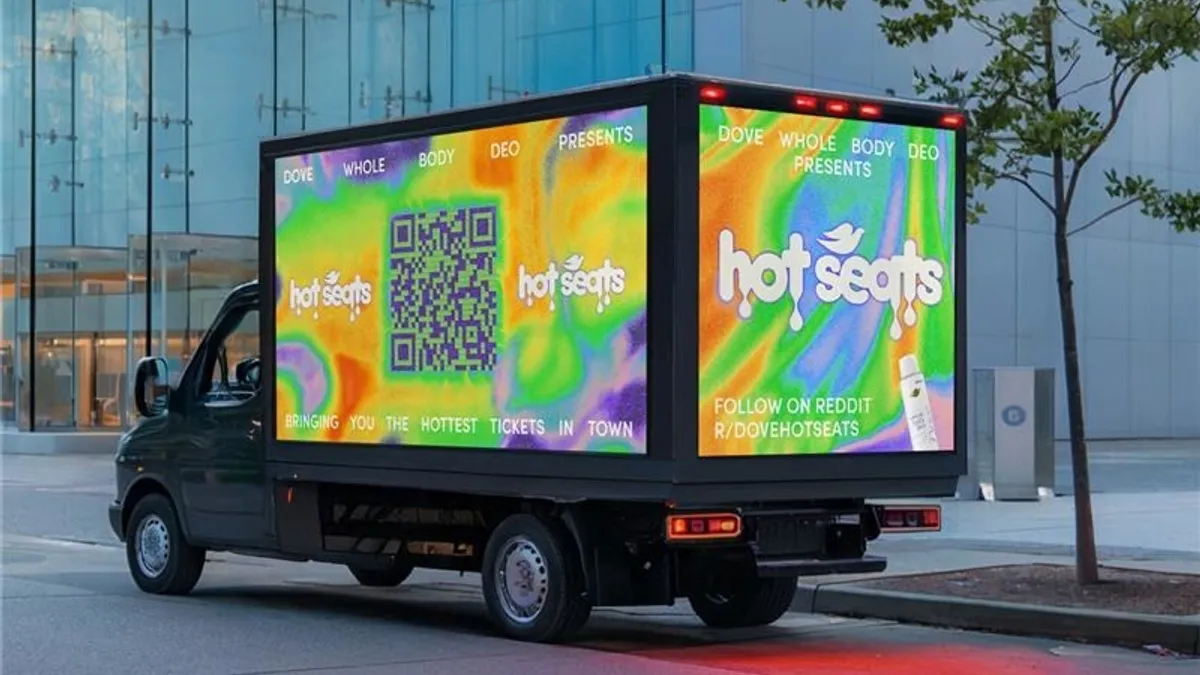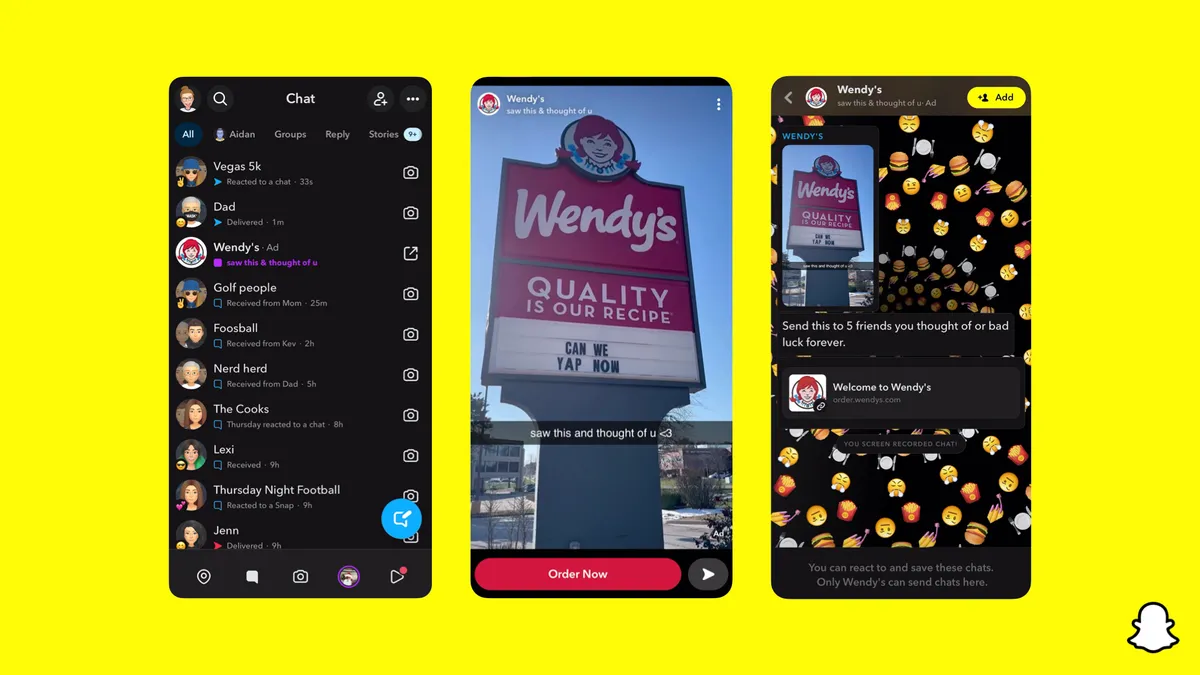Clubhouse, an invite-only audio chat app with a reported $1 billion valuation, is quickly becoming the talk of the tech world. Late last week, that buzz extended to the ad world as Burger King parent company Restaurant Brands International (RBI) hosted an hour-long chat with executives just a day after reporting its full year and fourth quarter 2020 earnings results.
The "Open Kitchen" call sought to connect the quick-service conglomerate's marketing leadership with everyone from "marketing folks to consumers," as RBI global CMO Fernando Machado promised in a LinkedIn post announcing the event. It also opened the possibility that the platform, which combines elements of chat apps, conference calls and podcasts, could help other marketers reach consumers who are flocking to the still-in-beta app, which surged from 600,000 users in December to 2 million in January.
"People are going on Clubhouse and interacting with others to learn more about their interest areas — whether they are related to their careers, favorite celebrities or something else," Kady Srinivasan, senior vice president of marketing at e-commerce marketing company Klaviyo, said in emailed comments. "RBI's move with Clubhouse is strategic. It helps them to generate awareness of their organization, establish their executives as thought leaders, and drive buzz around what restaurants are doing, which is especially crucial for an industry that is struggling right now."
Direct access
RBI's Clubhouse event featured CEO José Cil, Machado, Chief Corporate Officer Duncan Fulton and CMO Ellie Doty. The executives spoke about the company's sustainability work and Burger King's new loyalty program, among other topics, and at its peak, the event had about 130 listeners ranging from restaurant operators and RBI employees to brand marketers, press and PR professionals, according to Business Insider.
As marketers eventually learned with early movers Facebook and Twitter and are still learning with relative newcomers like TikTok and Triller, consumers have different expectations for how they want to hear from brands on different social platforms. Even at this early stage, Clubhouse users have their own expectations, especially on an app that brings together disparate elements into one channel. For now, Clubhouse could give brands a way to engage with consumers and be part of a conversation without encroaching on privacy, said Klaviyo's Srinivasan.
"Brands who are savvy will truly lean in and listen to the topics that are paramount among their consumers. It's a huge learning opportunity and provides insight directly into what matters to their end consumers. Those insights could be used to influence product development, marketing strategy and so much more," Srinivasan said.
Along with gleaning consumer insights from Clubhouse conversations, brands could use the platform as another channel to deepen their relationships with consumers, especially during the pandemic. As a cross between a webinar and a podcast, Clubhouse could be a channel for events that have been canceled or postponed due to the health crisis, said Justin Kline, co-founder of influencer platform Markerly, via emailed comments.
"Since it has the open, conversational feel, it is the next best thing to develop a more personal relationship that can't necessarily be achieved on other social media platforms."

Justin Kline
Markerly, co-founder
"Since it has the open, conversational feel, it is the next best thing to develop a more personal relationship that can't necessarily be achieved on other social media platforms," Kline said. "A large upside is the opportunity it provides to potentially meet influential leaders and CEOs and have the opportunity to communicate with them directly. This provides a different type of personal value that many are not used to seeing on your typical platform."
RBI already seems to see Clubhouse as an important communication channel, with plans to continue the chats every two weeks, beginning Feb. 26, with a rotating group of speakers, per Business Insider. For RBI, which saw global digital sales more than double in home markets and reach $6 billion in 2020, digital is a key strategic growth engine. Authentic conversations via an emerging digital platform could help it rise above the noise of other marketing channels, as its most notable brand has previously attempted with oddball campaigns around moldy Whoppers and the dangers of cow farts.
"Most times, consumers of a brand are on the receiving end of a very curated marketing message," Srinivasan said. "Clubhouse (at least at the moment) is very authentic; you have real live people talking aloud about unlimited topics. It has a real draw."



